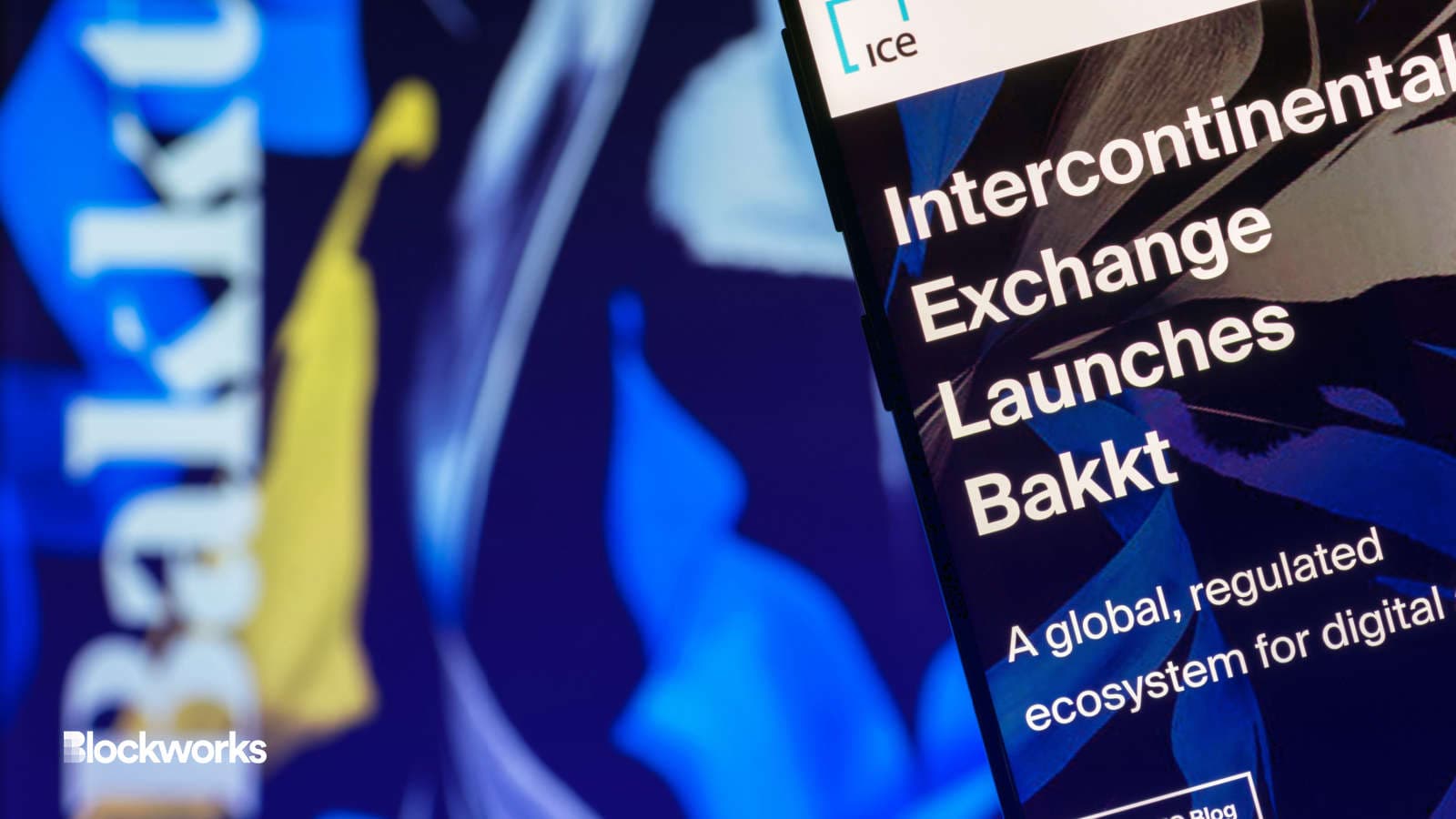Polygon, Cardano, Solana delisted from Bakkt, 1 week after Robinhood
US-based platforms are delisting native cryptocurrencies of major blockchains in the wake of broad classifications in SEC lawsuits

Grey82/Shutterstock modified by Blockworks
Bakkt will be delisting native tokens for prominent blockchains Solana, Polygon and Cardano in light of the regulatory environment in the US.
A Bakkt spokesperson confirmed the delistings to Blockworks, saying, “We are taking proactive action to delist three coins that could be deemed securities until there is further clarity on how to compliantly offer a more extensive list of coins.”
While the spokesperson did not outright confirm that the delistings are due to the SEC’s lawsuits against Binance and Coinbase — in which the SEC claims all three tokens are unregistered securities — Bakkt confirmed that through the coin policy review, “we look at a number of factors including the regulatory landscape.” Fortune first reported the delistings.
The Intercontinental Exchange-owned firm, which supports crypto trade and custody for institutional clients, also confirmed that dogecoin (DOGE) and its rival shiba inu (SHIB) will continue to be offered through the platform, as well as USDC, ether (ETH) and bitcoin (BTC). US regulators have previously suggested BTC and ETH are commodities, rather than securities.
At the time of writing, polygon (MATIC) was tumbling — down around 4% — however, SOL was swinging up slightly and Cardano was ticking lower. The tokens are some of the top 20 most valuable cryptocurrencies by market cap.
Bakkt’s move comes after Robinhood also delisted cardano (ADA), MATIC and solana (SOL) last week. Blockworks has asked for confirmation of when the delistings will occur.
“Earlier this week the SEC sued crypto companies Binance and Coinbase and alleged that a number of cryptocurrencies are unregistered securities. This includes Solana, Polygon, and Cardano…” Robinhood said in an email to Blockworks.
eToro also took action to delist tokens, though it delisted algorand (ALGO), decentraland (MANA) and DASH, as well as MATIC.
In the SEC’s lawsuit against Binance it claimed that 10 listed tokens were securities under the US law, including SOL, ADA, MATIC, filecoin (FIL), cosmos (ATOM), the sandbox (SAND), MANA, ALGO, axie infinity (AXS) and COTI.
In the Coinbase lawsuit, the SEC alleged ADA, chiliz (CHZ), SOL, AXS, FIL, internet computer (ICP), FLOW, NEAR, MATIC, voyager (VGX), SAND and DASH were all securities.
Updated Jun. 21, 2023 at 9:55 am ET: Added Fortune attribution.
Get the news in your inbox. Explore Blockworks newsletters:
- The Breakdown: Decoding crypto and the markets. Daily.
- 0xResearch: Alpha in your inbox. Think like an analyst.






